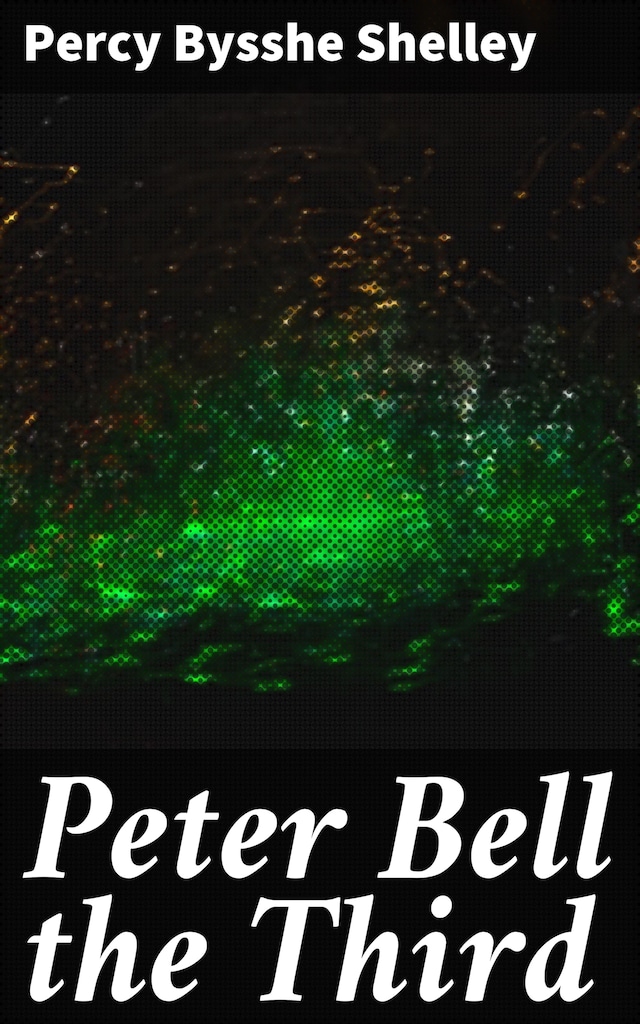
Peter Bell the Third
A Revolutionary Critique of Power and Social Justice in Romantic Poetry
Description of book
In "Peter Bell the Third," Percy Bysshe Shelley employs a satirical and allegorical narrative to critique the socio-political issues of his time, particularly the moral decay of society and the narrowness of contemporary intellectual discourse. Through the character of Peter Bell'Äîa figure robustly constructed yet humorously flawed'ÄîShelley weaves a tapestry of Romantic ideals, engaging with themes of individualism, enlightenment, and the burgeoning spirit of rebellion against mediocrity. Shelley's rich use of irony and vivid lyricism further reflects his mastery of poetic form as he mirrors the conflicts between the heart and the mind, revealing the existential dilemmas faced by humanity in a rapidly industrializing world. Shelley, an ardent advocate for social reform and a prominent voice of the Romantic era, drew inspiration from his own experiences of exile and societal critique. Influenced by his radical political beliefs and personal tragedies, including the loss of loved ones, Shelley was compelled to explore the depths of human emotion and the weight of societal expectations through this unique work. His disdain for conventional norms fuels the satire in "Peter Bell the Third", showcasing his profound engagement with contemporary philosophical thought, especially the tension between reason and imagination. I highly recommend "Peter Bell the Third" to scholars and enthusiasts of Romantic literature alike. Shelley's playful yet incisive approach offers readers a compelling insight into the period's ideological struggles while simultaneously serving as a reflection on the complexities of the human condition. This work stands as a testament to Shelley's genius, inviting you to ponder the intricate dance between society's aspirations and its inherent follies.
 Percy Bysshe Shelley
Percy Bysshe Shelley 22 Pages
22 Pages